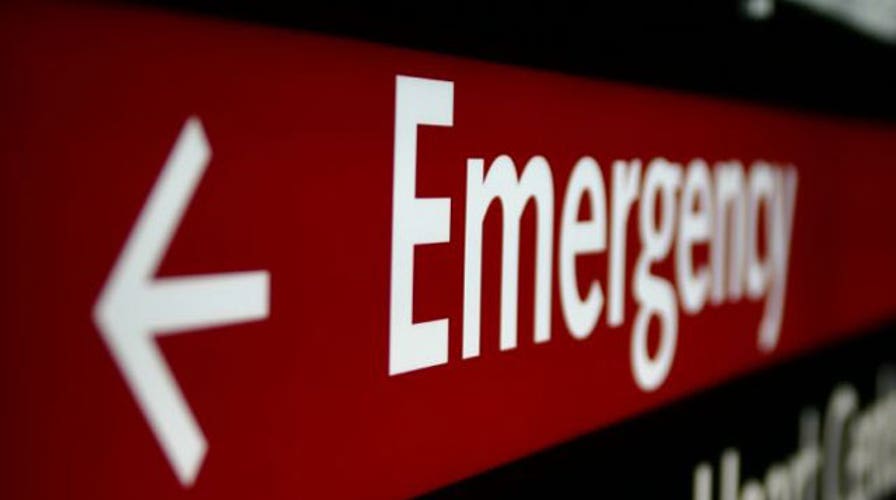Should you go to urgent care or the ER?
Urgent care centers are popping up all over the country to cater to patients who need quick care for non-life threatening illnesses and injuries
Americans make more than 130 million visits to the emergency room every year– many times for conditions that aren't true emergencies.
To cater to patients who need quick care for non-life threatening illnesses and relieve oversaturated emergency rooms, urgent care centers are popping up all over the country.
Dr. Hong Choi, a physician at CityMD in New York City told FoxNews.com that one of the biggest perks of urgent care is shorter wait times.
"Going to an urgent care center will probably get you into a flow of treatment that is more rapid than to the general ER, simply because you have to walk into an urgent care to be treated,” he said. “So many of the much sicker patients who go to the ER will not be going to the urgent care center."
Most urgent care centers can treat these common conditions:
- Cold and flu
- Sprains and broken bones
- Cuts
- Rashes
- Urinary tract infections
- Eye irritation
If symptoms are more serious, like signs of a heart attack or stroke, urgent care centers are not the suggested treatment path.
"[If you have] acute symptoms like chest pain or loss of consciousness, numbness, tingling to one side of the body, weakness, certainly difficulty speaking, you should definitely go to the ER," Hong said.
For patients who are on the fence about whether to go to urgent care or the emergency room, Hong suggests letting common sense be your guide.
"I would follow those gut feelings,” he said. “If you feel like you need an emergency department, you probably do."
Generally, urgent care centers like CityMD have extended business hours and accept most types of insurance.
For more information, visit CityMD.com

